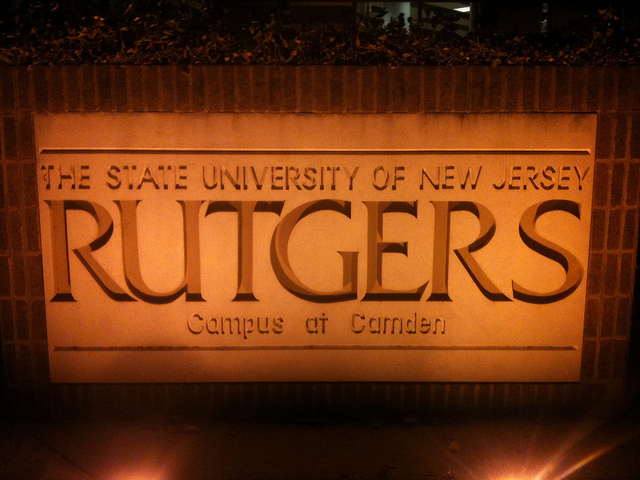When the state of New Jersey decided to approve online gambling legislation, many officials as well as opponents of the activity were opposed due to the risk of problem gambling. Despite regulations put in place to protect consumers from a gambling problem, individuals were worried that this would be an issue. However, recent findings from a study conducted by Rutgers University show that players are utilizing the safeguards put in place by the state in regards to problem gambling.
Rutgers University performed a research study entitled ‘Internet Gaming in New Jersey’ within the university’s Center for Gambling Studies. The study showed that 94,255 individuals gambled online at some point during the year 2014. Of this number, 72,366 were men. Of the total, 14.23% took advantage of measures put in place for responsible gaming.
Online casino gaming platforms are required by the Division of Gaming Enforcement to have responsible gaming measures in place. The study determined that the demographic of 25 to 34 year olds were utilizing the tools for responsible gaming most frequently. 31.15% of this demographic were using such features as time limits, periods of self-exclusion and cool-off intervals.
According to the team of researchers, there is still more to do. The paper concluded that the responsible gaming aspects lack uniform branding, with outreach and marketing to ensure that players are aware that such features exist and can be used. The researchers recommended that responsible gaming be included as part of the player account registration and with continued usage for players.
The online gambling market of New Jersey continues to do well. From January to July, the five online casino operators in the state were able to earn $112.18 million. The potential for the best year ever is in place with just five months to go in 2016. Last year, the state was able to earn $148.88 million for the entire year, so officials feel the state will be able to surpass this mark by the year’s end.



